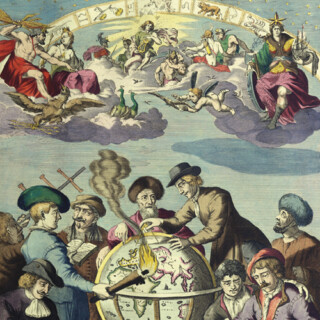Sketch of the Mosquito Shore, Including the Territory of Poyais,
descriptive of the country; with some information as to its productions, the best mode of cultures &c. Chiefly intended for the Use of Settlers.
Edinburgh & London,
Sold by William Blackwood, and T. Caddell, The Strand
1822
4to (225 by 140mm) half-title, title page, [1], viii, [3]-355, engraved frontispiece, folding map, folding plate in facsimile, some foxing and browning throughout, but generally a clean copy, original boards, rebacked with thick paper spine.
12769
notes:
The Poyaisian Scheme (or Fraud) was the brainchild of the Scottish soldier Gregor MacGregor (1786-1845). He began his life of adventuring in Venezuela and Colombia. In 1820 he visited what is today Honduras, and claimed that while there he obtained a grant of eight million acres from George Frederick Augustus, king of the Mosquito Indians. Returning to London, Macgregor styled himself as Gregor I, prince of the independent state of Poyais. He set about publicising his ficti...
bibliography:
provenance:










